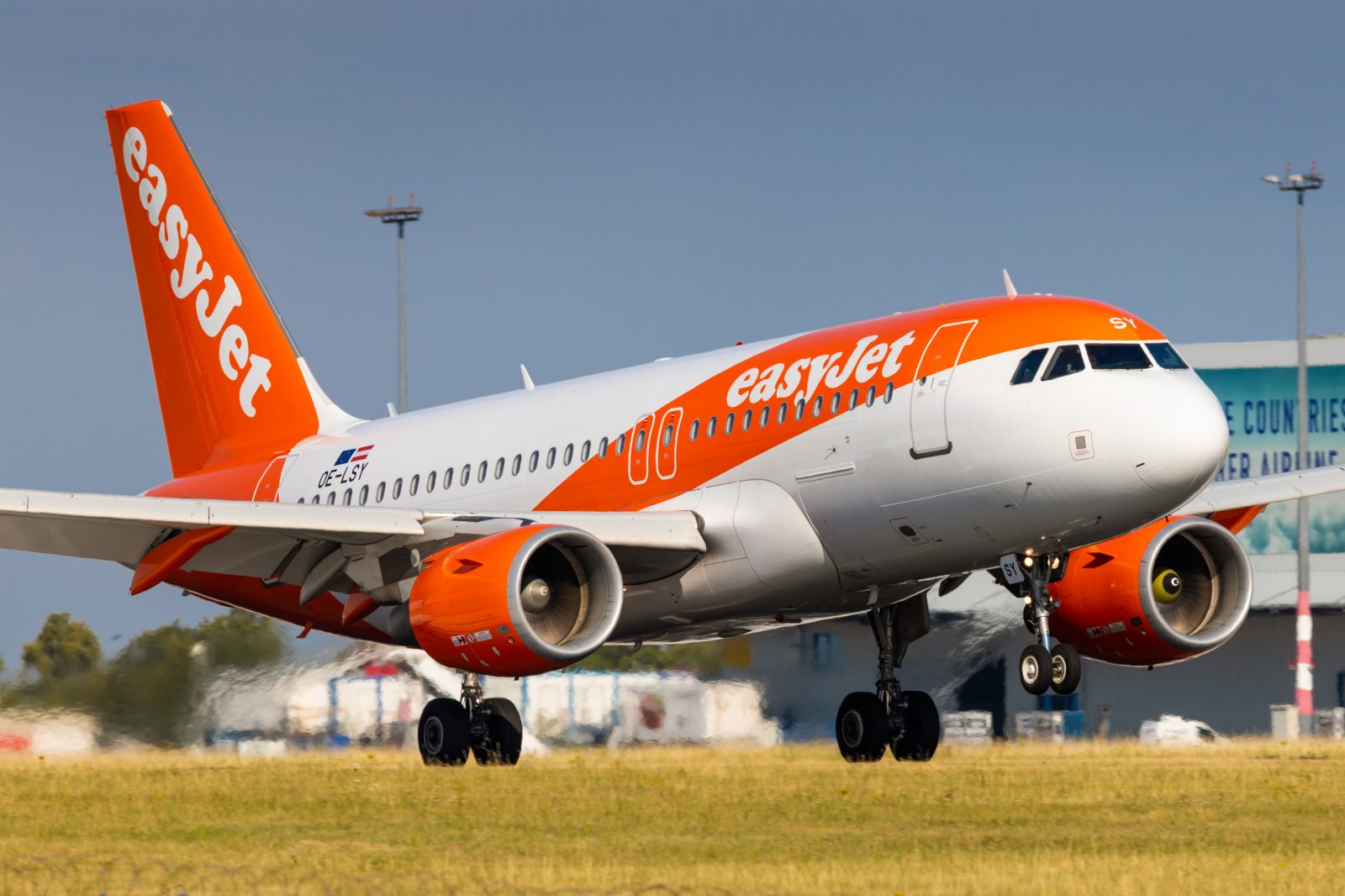
Low-cost airline easyJet said on Monday that it would proactively axe more flights from its planned summer schedule in an attempt to get on top of a myriad of “operational problems” that have resulted in weeks of delays and disruption affecting thousands of passengers.
The Luton-based airline blamed a raft of issues for its woes including air traffic control delays, staff shortages at airports, slow security vetting for employees waiting to join the airline and “a very tight labour market”.
EasyJet did not detail exactly how many flights it planned to bin over the next few months but the European discounter said it now hoped to operate up to 87 per cent of pre-pandemic capacity for the three months to the end of June.
Capacity is then set to increase to 90 per cent of 2019 levels for the fourth quarter to the end of September.
EasyJet chief executive Johan Lundgren said the airline was operating around 1,700 flights and carrying 250,000 customers per day. But Lungren continued: “The ongoing challenging operating environment has unfortunately continued to have an impact which has resulted in cancellations.”
“Coupled with airport caps, we are taking pre-emptive actions to increase resilience over the balance of summer, including a range of further flight consolidations in the affected airports, giving advance notice to customers and we expect the vast majority to be rebooked on alternative flights within 24 hours.”
EasyJet has already been hit by mandatory capacity caps at two of its biggest airports at London Gatwick and Amsterdam Schiphol. Other airports across Europe have also been experiencing significant problems and delays are anticipated throughout the summer.
Last month, easyJet told workers including cabin crew that they could earn a £1,000 bonus if they worked throughout the summer period. In a bid to relieve staff shortages, easyJet ripped out an entire row of seats from some of its Airbus A319 aircraft so that it could operate with just three cabin crew and not four.
Related
Mateusz Maszczynski honed his skills as an international flight attendant at the most prominent airline in the Middle East and has been flying ever since... most recently for a well known European airline. Matt is passionate about the aviation industry and has become an expert in passenger experience and human-centric stories. Always keeping an ear close to the ground, Matt's industry insights, analysis and news coverage is frequently relied upon by some of the biggest names in journalism.







